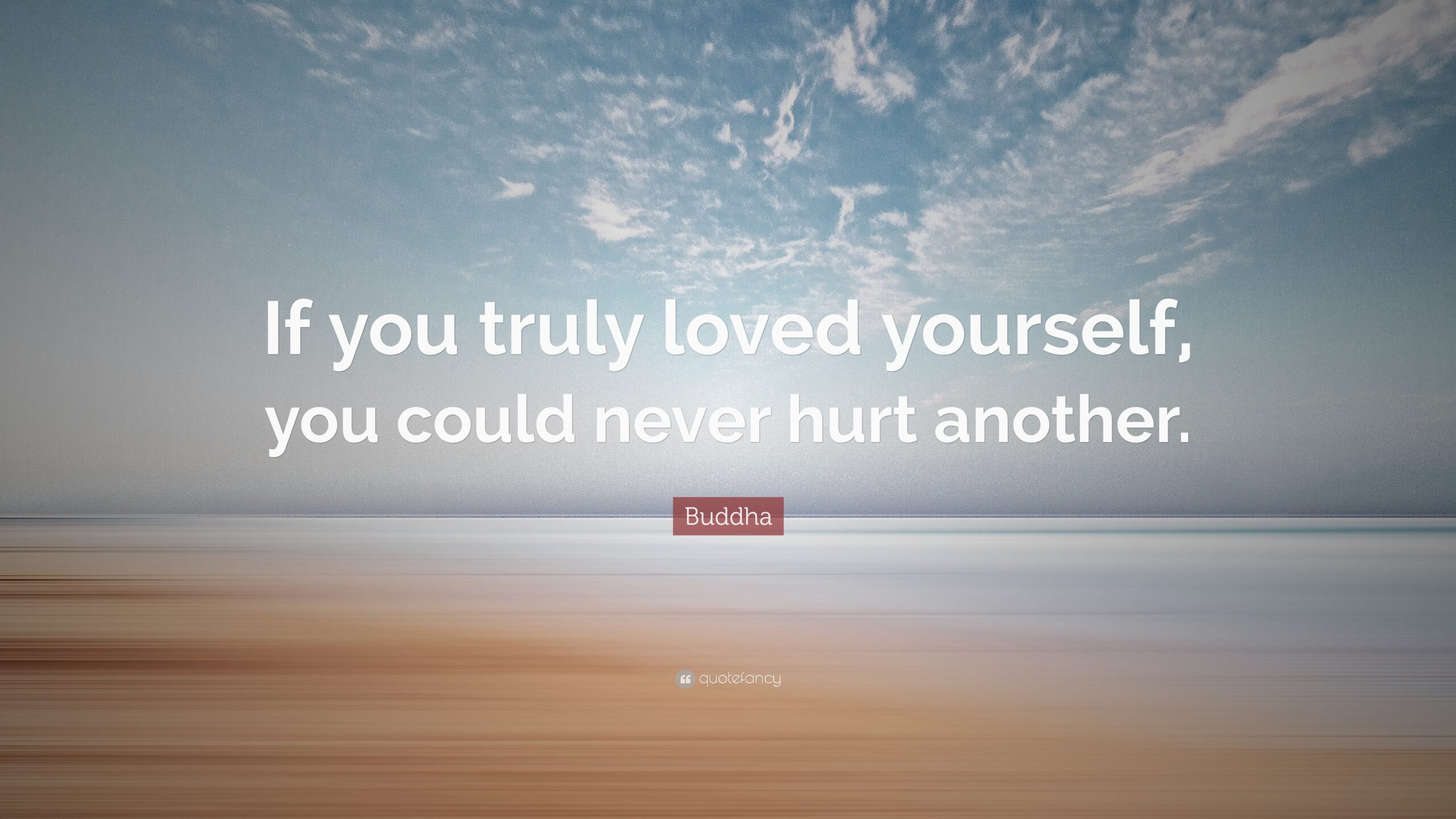What if we truly loved one another? This seemingly playful question poses a profound challenge to our contemporary societal norms, inviting us to delve deeper into the foundational teachings of the Bahá’í Faith. The essence of this inquiry transcends mere sentimentality; it beckons a reconsideration of the paradigms within which we interact, understand, and, ultimately, love one another. The Bahá’í teachings, grounded in the principles of unity, love, and the ongoing evolution of human consciousness, reveal an intricate tapestry of ideals that, if genuinely embraced, could transform the very fabric of our communal existence.
At its core, the Bahá’í Faith emphasizes the unity of mankind. This assertion posits that all humans are members of a singular family, transcending the artificial boundaries that often divide us. Such a perspective compels us to reflect on our actions and attitudes toward one another. Consider, if we truly recognized one another as reflections of a shared divine essence, how would our interactions differ? In a world rife with discord and division, the challenge lies not merely in the acknowledgment of this unity but in its practical application.
Imagine daily life underpinned by unconditional love—a love that is not contingent upon our similarities or shared ideologies, but rather one that appreciates diversity as a divine blessing. The Bahá’í teachings encourage the practice of this expansive love through service to others. Individuals are urged to transform their affection into tangible actions that uplift and support their communities. What would it look like to embody this principle in a world fixated on self-interest? The transition from passive acknowledgment of love to active demonstration of it requires courage, devotion, and a willingness to engage with our fellow beings on a profound level.
The Bahá’í teachings also provide us with a framework for addressing the challenges that inhibit love’s flourishing presence. Prejudice, resentment, and misunderstanding form insurmountable barriers, with social norms often perpetuating cycles of alienation. Thus, the question arises: how can we cultivate an atmosphere that not only tolerates but celebrates our differences? This call to embrace diversity necessitates an introspective examination of our biases and a commitment to eradicate them. It involves a conscious effort to dismantle the mechanisms of exclusion that persist within institutions, systems, and even interpersonal relationships.
Moreover, through the lens of forgiveness, Bahá’í teachings afford us a pathway toward deeper love. Love and forgiveness are intricately interwoven; they act as catalysts for healing and reconciliation. Thus, one must ponder: What if we extended forgiveness not just to those who apologize, but also to those who may never seek it? Could such an act of profound generosity redefine our connections? Forgiveness, when viewed as an inherent expression of love, empowers us to release the burdens of resentment and fosters a sanctity of spirit that can ignite compassion and understanding.
Let us consider the role of education in the pursuit of mutual love. The Bahá’í principles advocate for the eradication of ignorance through knowledge and understanding. An educated populace is better equipped to engage empathetically, fostering an enlightened society that prioritizes the common good. If we committed to educating ourselves and others about the diverse cultures, experiences, and perspectives that coalesce in our shared existence, how might our collective consciousness evolve? The challenge lies in continually exposing ourselves to different paradigms and worldviews, cultivating an inclusive dialogue that nurtures mutual respect.
Furthermore, Bahá’í teachings incorporate the importance of prayer and meditation in nurturing a loving spirit. In an increasingly fragmented world, these spiritual practices offer a sanctuary for reflection and connection with the divine. They serve as reminders of our lofty aspirations for love, urging us to seek alignment with our highest selves. In quiet moments of contemplation, one may ask: what does it truly mean to love unconditionally? Such introspection can help us synthesize the principles of love into our daily existences.
As we contemplate the ramifications of truly loving one another, the Bahá’í understanding of service emerges as a potent vehicle for transformation. Active engagement in community service not only addresses the immediate needs of society but also cultivates a culture of compassion. This notion reinforces the idea that love is not merely a passive state; rather, it is an active commitment to the enrichment of others’ lives. This leads us to consider: how can we make service a fundamental aspect of our existence? To answer this question is to recognize the power we possess to effectuate tangible change.
Ultimately, engaging with the challenge posed by the question “What if we truly loved one another?” within the framework of Bahá’í teachings invites us to transcend conventional paradigms. It urges a sustained commitment to the manifestation of love through unity, forgiveness, education, and service. The inquiry is not merely philosophical; it is practical, necessitating action rooted in empathy, understanding, and a conscious effort to uplift both ourselves and others. The Bahá’í Faith reminds us that a world bathed in the light of mutual love is not an unattainable dream but a destination paved by intentionality, endeavor, and the unwavering belief in the inherent nobility of every human soul.
